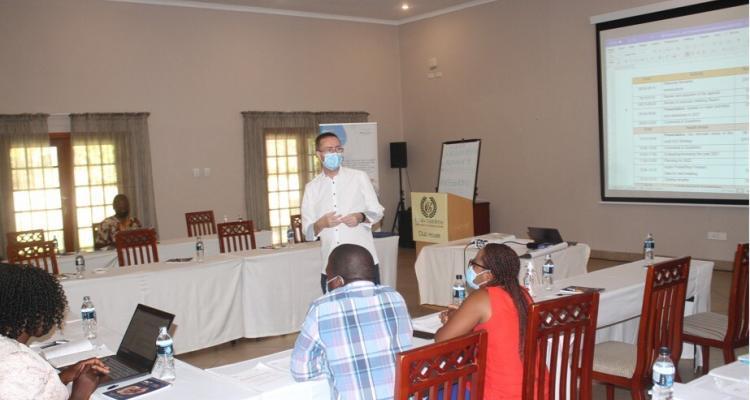
Adult Education stakeholders in Malawi want government to consider allocating 3 percent of the total education budget to Adult Learning and Education (ALE) programmes in the country.
Speaking in Lilongwe during a Thematic Group Planning Workshop on Thursday this week in Lilongwe, Stakeholders of Adult Education in the country expressed a need for the government to adjust upward on budget allocation to adult education programmes.
One of the Adult Education stakeholders; DVV International urged other stakeholders to join hands in lobbying the government for adjustment.
Regional Director for the Southern Africa David Harrington said Adult Education goes beyond learning how to read and write hence a need to have the budget increased.
Harrington added that the current allocation that is less than 1 percent cannot meet the demands of adult education in Malawi.
“Adult education is not only learning how to write and write, but it’s also about everything; in the agricultural sector, we do adult education; people are learning agricultural things, the health sector. People are learning entrepreneurship and all kinds of things that relate to adult education, one of the issues is that most ministries do not call this adult education, but, by definition, it is adult education,” said Harrington.
The Regional Director further urged authorities to have a different approach to adult education as the world has witnessed the fast rate of technology growth in many areas.
Concurring with Harrington, Edukans Foundation Country Director Limbani Nsapato said that adult education needs to be financed from different angles to ensure inclusiveness as the country move towards having a developed nation come 2063.
DVV International has partnered with other education stakeholders in promoting quality adult education to the people of Malawi.
The organisation, has since partnered with the Catholic University of Malawi in introducing the first-ever adult education diploma programme; Adult Education and Development.
The programme was officially launched this year with its first cohort on the ground for the two-year academic journey.














